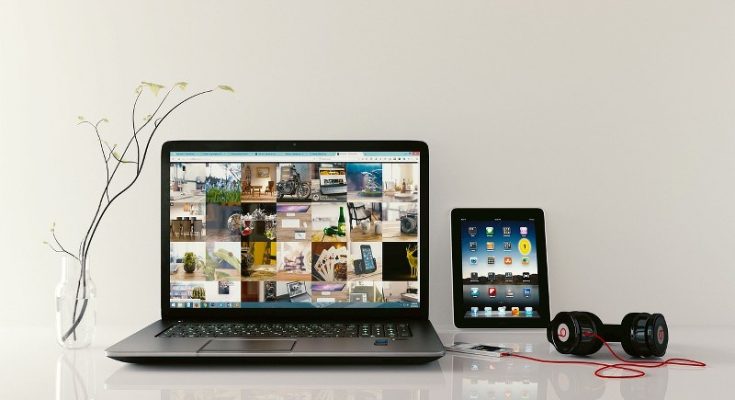#UnitedStates, #India, #PiyushGoyal, #LaptopImportRestriction, #KaterineTai
New Delhi/IBNS: United States Trade Representative Ambassador Katherine Tai has called upon India to ensure that the existing end-to-end online system and associated policies governing the import of laptops do not pose trade restrictions in the future.
This request was mentioned in an official joint statement released on January 12.
The remarks were made during the 14th Ministerial-level meeting of the India-United States Trade Policy Forum (TPF), held in New Delhi on the same day.
The TPF meeting was co-chaired by India’s Minister of Commerce and Industry, Piyush Goyal, and US Trade Representative Tai.
During the meeting, Ambassador Tai specifically addressed India’s new import requirements for computers, tablets, and servers.
In response, Minister Goyal explained the objectives behind these policies, underscoring considerations related to national security concerns.
“Ambassador Tai expressed a willingness to collaborate with India on the shared objective of supply chain resilience in this sector. India conveyed its willingness to continue engaging on this issue with the US and other interested stakeholders,” according to the statement.
The statement further mentioned that the Ambassador appreciated India’s approach to implementing the “import management system for specified IT Hardware” in a manner that facilitates trade, effectively minimizing its impact so far.
In October 2023, the Indian government introduced an ‘import management system’ for IT hardware, including laptops and computers. Companies in the IT hardware sector are now required to register and disclose information about their imports, including the countries they import from.
This move brought relief to the industry, as there were concerns that the previous licensing notification could limit imports.
The current import management system represents a softer approach compared to the government’s earlier plan for a licensing regime.
On August 3, 2023, the government announced immediate restrictions on importing laptops, tablets, personal computers, ultra-small form factor computers, and servers. While some exemptions were granted, the free import of these items was allowed only with a license.
The proposed regime was expected to adversely affect major global tech companies, including Dell, Acer, Samsung, Panasonic, Apple, Lenovo, and HP.
Following an outcry, the government was prompted to backtrack.
On August 4, 2023, just a day later, the Centre announced a three-month postponement in implementing these restrictions.
However, by early October, the Central government clarified that it would only establish a comprehensive online system by October 30, 2023, which represented a scaled-down version of the initial plan.





